College of Public Affairs

Maryland's Most Comprehensive College dedicated to Public Service
The College of Public Affairs will prepare you to address real-world problems by analyzing policy, imagining solutions, and leading in the public sector. Whether you are interested in public and international affairs, health and human services, or criminal justice—we are committed to preparing the leaders of tomorrow.
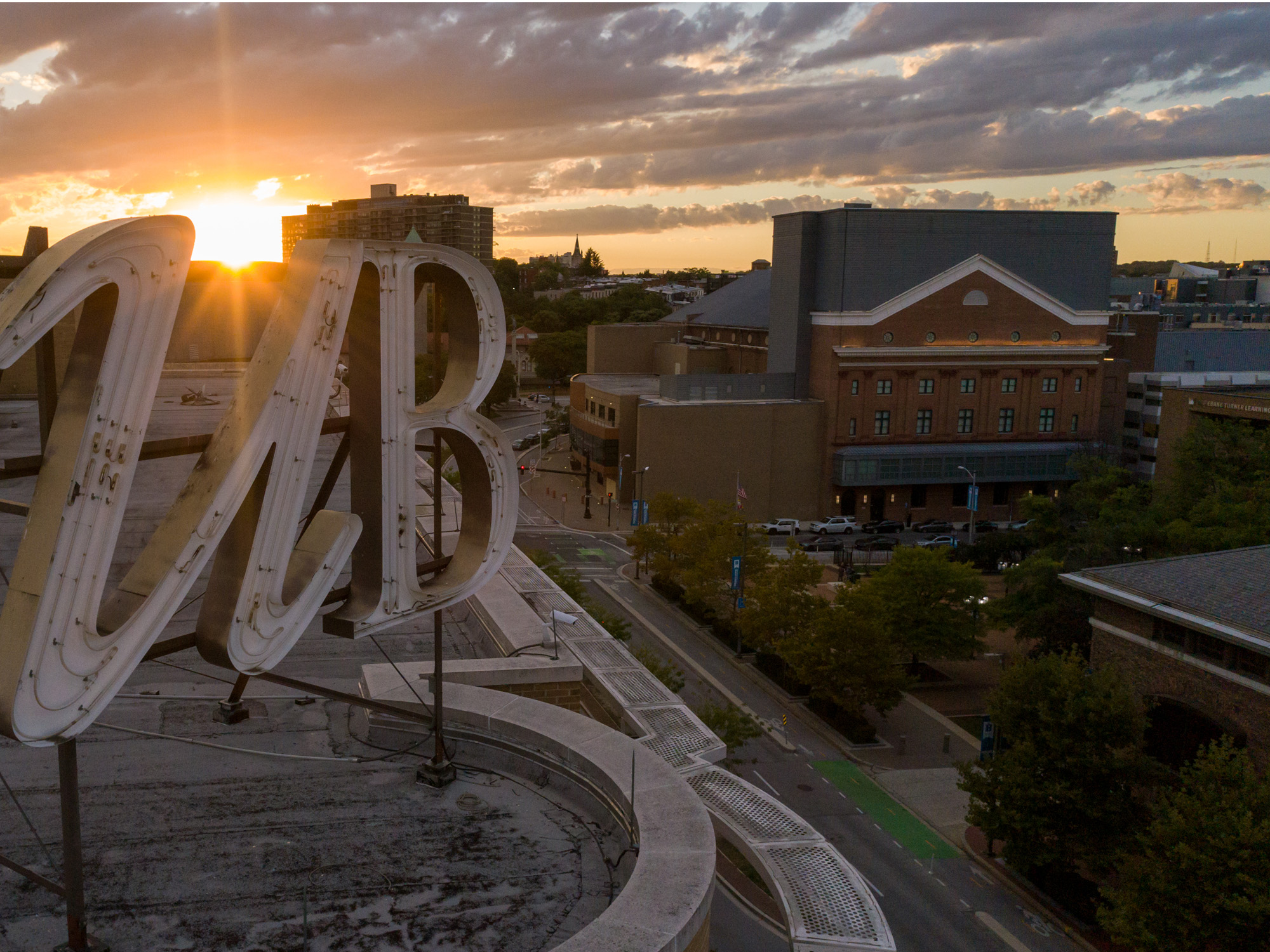
Partnering with you
to solve real-world problems
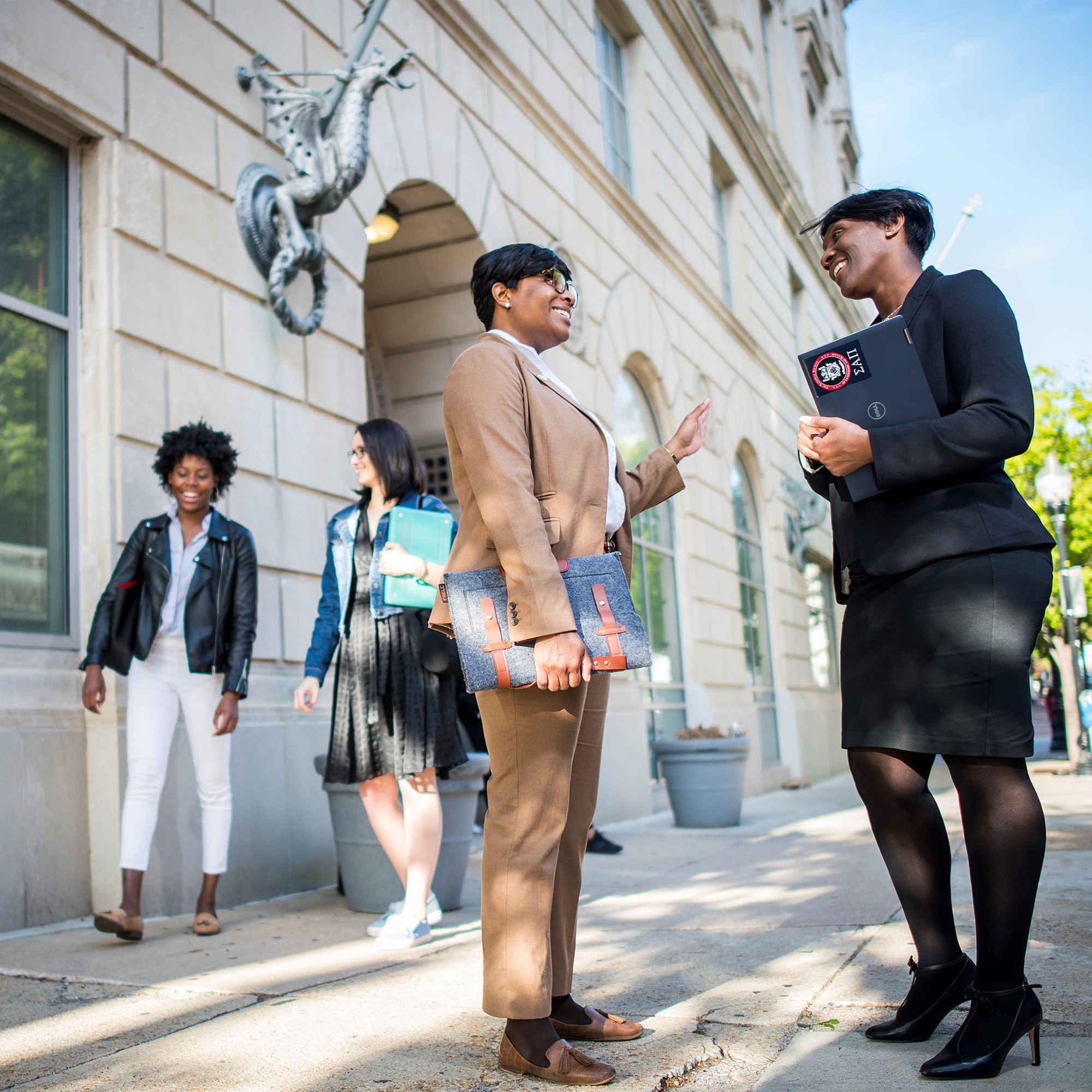
Values Matter
We value career-focused education that is professional, inclusive, practical and
problem-solving at a time when expanding the skills of government and nonprofit leaders
could not be more important.
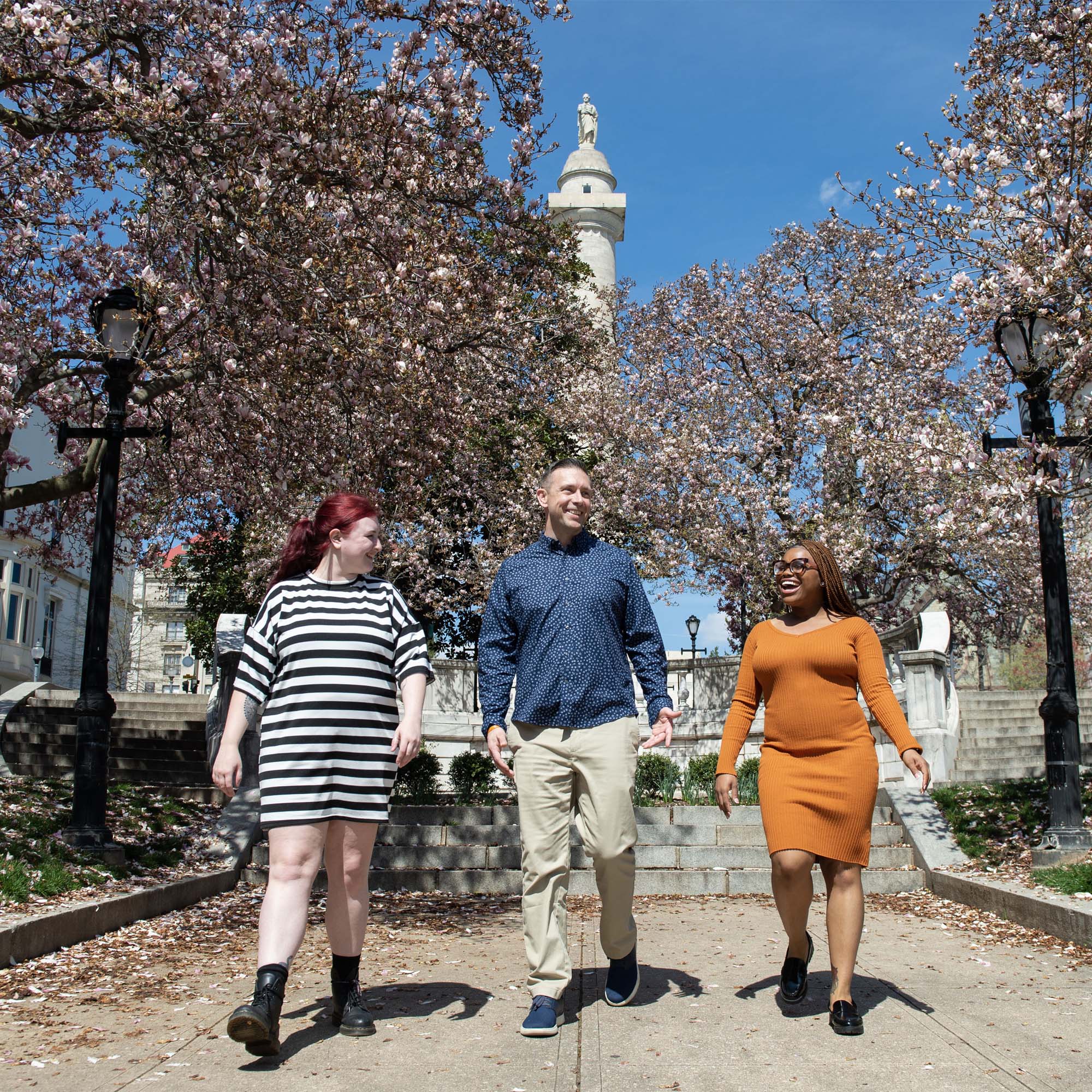
Opportunity Awaits
Our location in Baltimore, Maryland’s largest city, provides our students with
a “built-in” laboratory, with opportunities to put theory into practice and create
change right outside our doors.
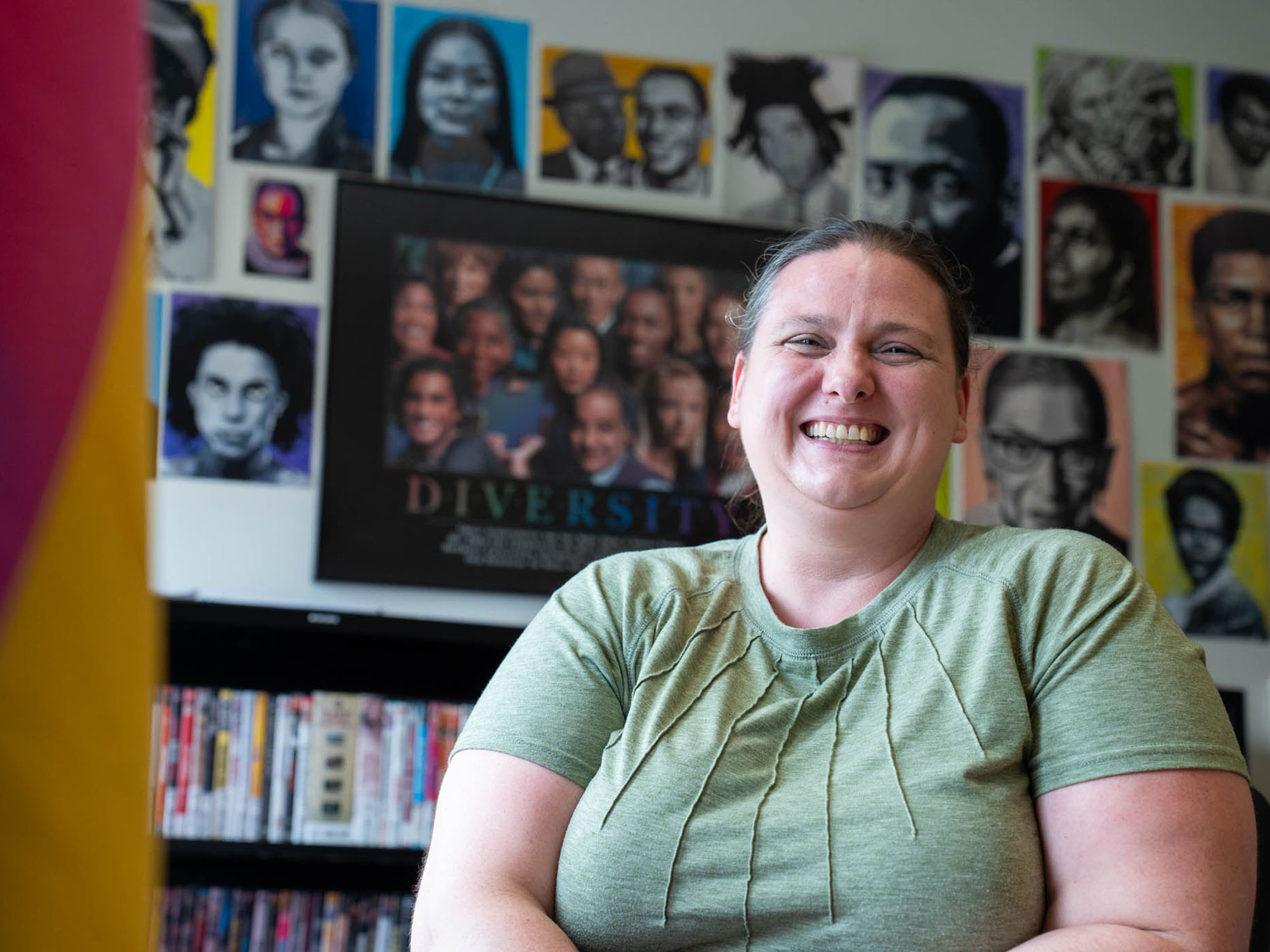
DEDICATED TO PUBLIC SERVICE
Alicia Ryan, a PPIA alum and current MPA student, has been using her personal and academic experiences to fight for change on campus and beyond.
Alicia Ryan, a PPIA alum and current MPA student, has been using her personal and academic experiences to fight for change on campus and beyond.
Read Full StoryIt's really nice to be part of a group of people who want to make UBalt a better place, and also are committed to doing so.
Alicia Ryan, a PPIA alum and current MPA student, has been using her personal and academic experiences to fight for change on campus and beyond.

News At
COLLEGE OF PUBLIC AFFAIRS
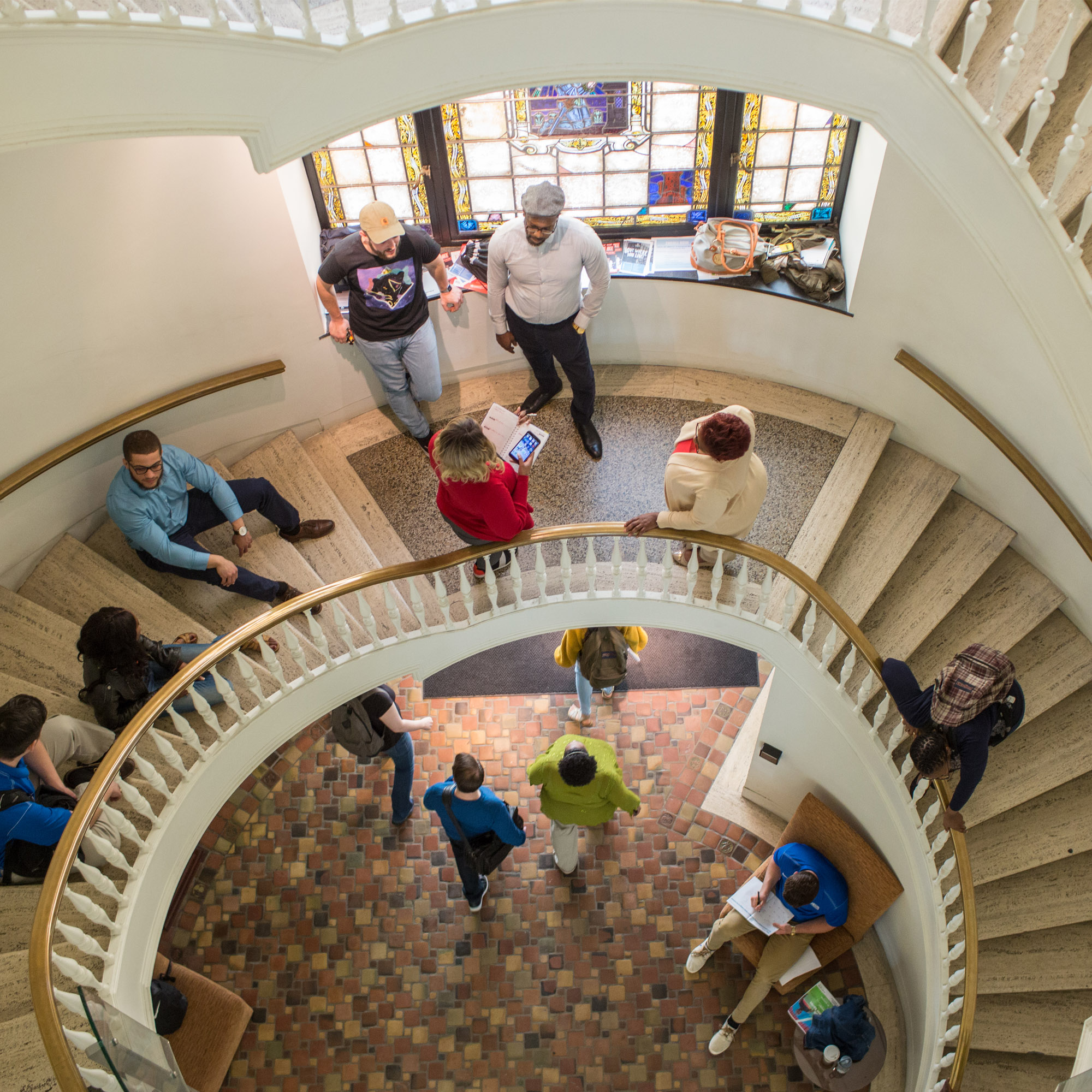
Events At
COLLEGE OF PUBLIC AFFAIRS
21
May
10 - 4:00 PM
19
August
5 - 8:00 PM









